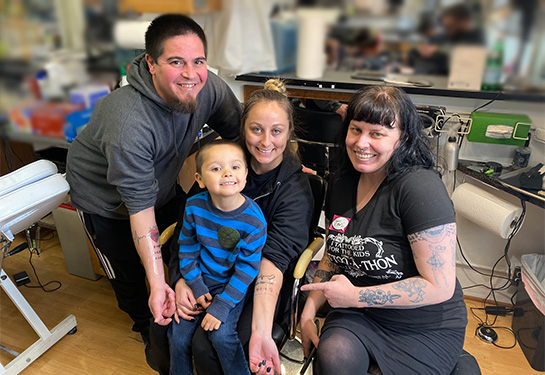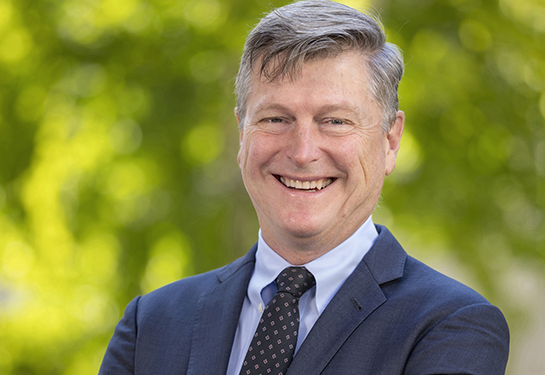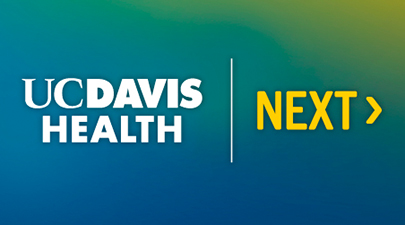Hospitalist Mentoring Program touts successful first go; Second program begins in Fall
The Hospitalist Mentoring Program launched in 2022 and matched 40 hospitalists with mentors for one year using a near-peer model as well as a system based on interests and experience.
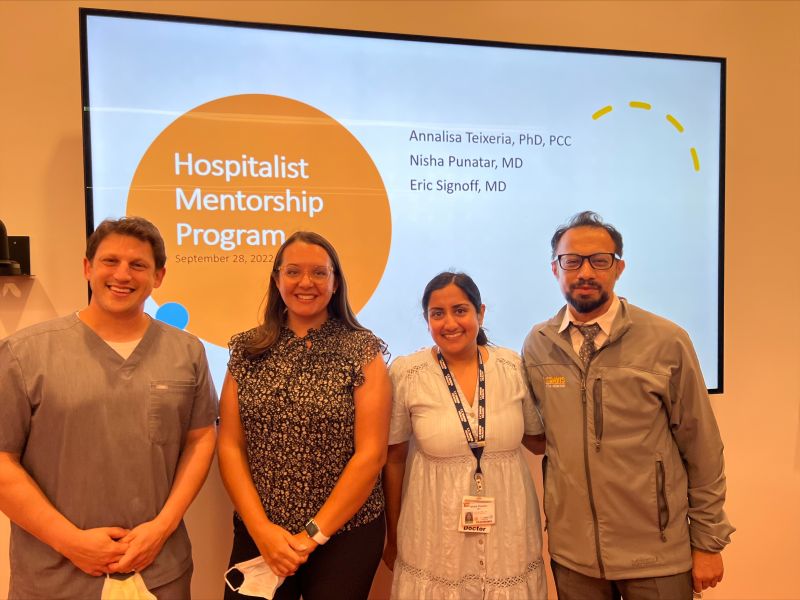
The program – spearheaded by Dr. Eric Signoff and Dr. Nisha Punatar, division of hospital medicine within the department of internal medicine – has four major goals:
- Accelerate professional and personal development related to individual goals.
- Fortify bonds within the tightly knit hospitalist group.
- Augment the impact of the hospitalist group within the health system.
- Practice engaging in the role of the mentor and/or mentee to enable broader mentorship relationships throughout the health system including with senior mentors as well as with trainees.
Signoff said the COVID-19 pandemic led to a loss of connection and non-Zoom conversations. He said he felt many put their career and personal goals aside, temporarily.
“Recognizing the importance of connections among us, we sought to formalize relationships and conversations that would bring our team back together and talking through developing and achieving goals,” Signoff said. “Now that we are living less distanced from each other, the passion for these interpersonal interactions and striving for personal and professional development has only grown.”
The program began with a keynote speaking event featuring Dr. Annalisa Teixeira, interim lead of Learning and Development at UC Davis. Teixeira also provided a brown bag lecture titled “The Coach Approach to Mentorship.” Next, senior faculty within the division of hospital medicine were invited to participate in one hour of 10-minute “speed mentoring” sessions. After the yearlong program concluded, a celebration was held to highlight the goals set, successes achieved, and relationships built.
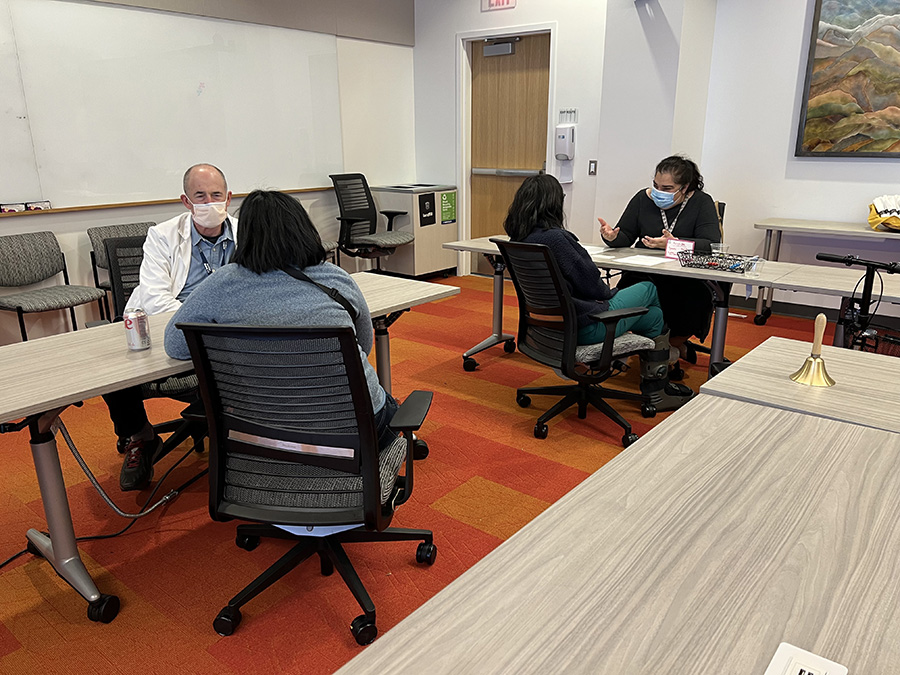
Post-program surveys yielded positive responses from the participants.
“My mentor was very helpful in advice both with life inside and outside of the hospital,” one participant said. “We were able to discuss future career goals and possible pathways to explore, as well as finances/retirement tips. She also was encouraging in helping me to develop hobbies or other areas for self-growth outside of the hospital.”
“It’s hard to explain in words how much I gained from participation in this program. I felt that as a mentee, it gave me an opportunity to connect with a senior faculty member that I would not have otherwise connected with,” said a second participant via anonymous survey. “It also gave me the opportunity to practice being a good mentor for someone and I found it very fulfilling. I am shy about asking for help and finding mentors. So, my goal is certainly to be a better mentor and be helpful to others who may be like me.”
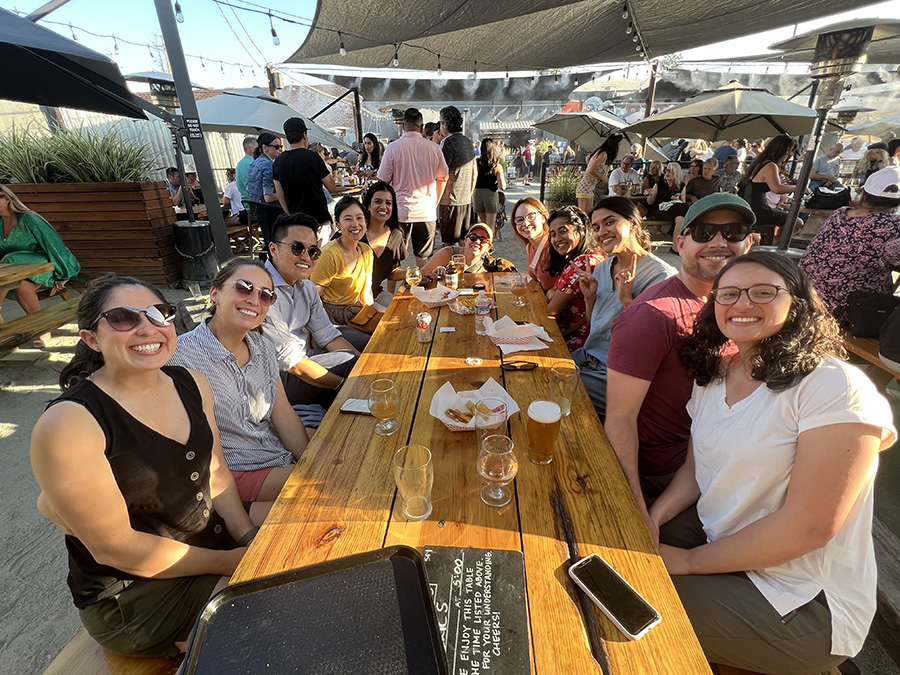
In a pre-program survey, 63% of hospitalists said they felt connected to the members of the UC Davis hospitalist group beyond their immediate peer group. In a post-program survey, 76% said they felt connected. Similarly, 22.9% said they had a clear understanding of their career path before the program. That number rose to 53.6% after the program’s completion.
“Year one was a great experience, and we are currently making new mentorship pairings for the new year,” Signoff said.
Hospitalists hoping to participate in the second year of the mentorship program are filling out surveys to facilitate partnership matches.
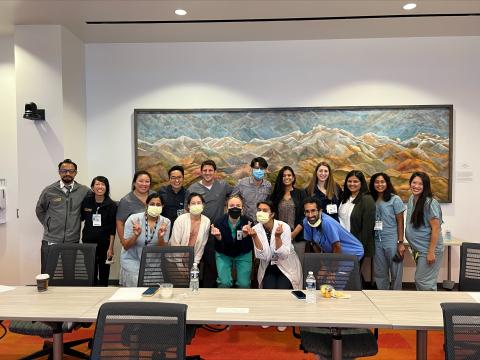
Signoff encourages anyone thinking about developing a similar mentorship program for their divisions to reach out to him or Punatar at esignoff@ucdavis.edu or nhpunatar@ucdavis.edu, respectively.

